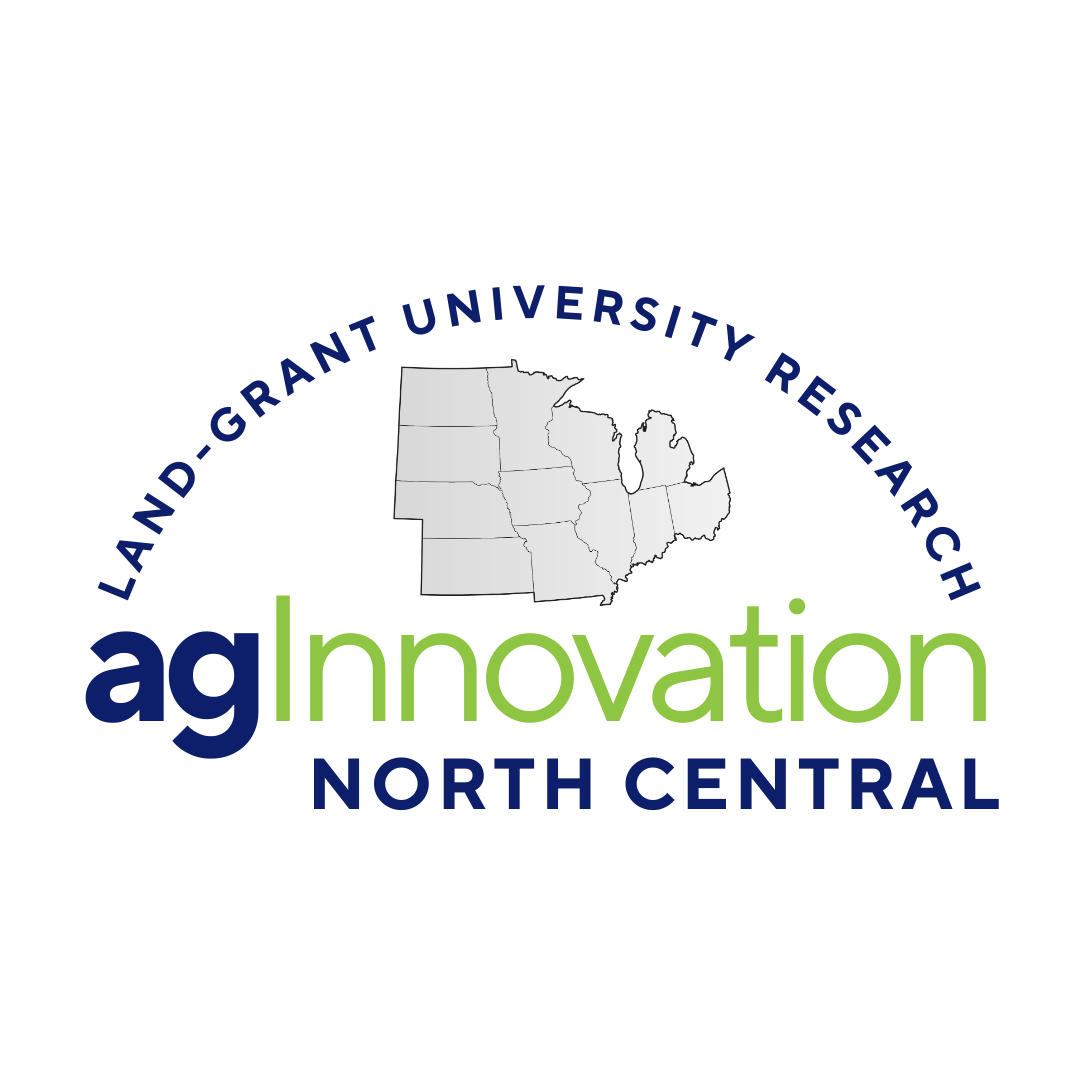
NCDC218: Understanding the ecological and social constraints to achieving sustainable fisheries resource policy and management
(Multistate Research Coordinating Committee and Information Exchange Group)
Status: Inactive/Terminating
NCDC218: Understanding the ecological and social constraints to achieving sustainable fisheries resource policy and management
Duration: 03/01/2009 to 03/01/2011
Administrative Advisor(s):
NIFA Reps:
Non-Technical Summary
Statement of Issues and Justification
Fisheries resources in the United States belong to the people and are managed under the Public Trust doctrine. It is the responsibility of researchers to assist policy makers and managers by providing the scientific basis on which to guide the best management decisions for sustainable fisheries resource systems. Fish are the ultimate integrators of ecosystem changes as their diversity and productivity reflect changes in the structure and function of upland ecosystems, in precipitation patterns, and in related ground water and surface water quantity and quality. In an increasingly globalized world which exposes our fisheries resources and their ecosystems to new threats (i.e. invasive species, diseases, and climate change), it is critical to collaborate across geo political jurisdictional boundaries and disciplinary fields to design innovative and encompassing solutions to local and broad scale challenges. In the Midwest region of the United States, our fisheries resources are facing increasing challenges related to changes in terrestrial and aquatic landscapes and fish habitat alterations, conflicting user group demands on aquatic resources, and influence from external pressures that effect our aquatic ecosystem resources and their fisheries. To achieve healthy and productive fisheries we must assure the integrity of their freshwater ecosystem in the face of impacts associated with changing environmental condition. This important link between the quantity and quality of freshwater and sustainable fisheries makes it imperative for our researchers and managers to understand and incorporate the use of freshwater resources by all sectors of society. To be successful in addressing the challenges faced by fisheries professionals and related policy makers we need to better communicate how fish are critical components of aquatic ecosystems providing essential goods and services that generate social and economic benefits. All stakeholders must perceive fisheries as socially, politically, biologically and economically valuable resources. Strengthened fisheries valuation should motivate society to ensure benefits from sustainable fisheries and associated aquatic ecosystem services. Enhanced communication among stakeholders is an essential component to achieving the desired stewardship and fisheries valuation. This is only possible through the incorporation of all jurisdictions and sectors related to the fisheries supply chain, spanning from ecosystems to consumers. Furthermore, to mitigate impacts related to environmental change on fisheries ecosystems, the dimensions of the fisheries supply chain, its governance and its resilience need to be incorporated into an adaptive decision-making processes. Ignoring any of the above factors will lead us down an irreversible path of destruction and collapse for many fisheries and fish populations. The objective of this regional research project will be to determine the factors that hinder fisheries sustainability in the North Central Region of the Agricultural Experiment Station. This will include research projects focused on: - Causes underlying the loss and degradation of habitat and effects on fisheries and aquatic communities. - Examination of governance structures underlying fisheries sustainability - Evaluation of public awareness, engagement and communication in for fisheries sustainability - Examination of societal valuation of fisheries resources and aquatic ecosystems - Identifying and evaluating alternative components of the ecological, ecnomic, and social fisheries supply chain. Only through understanding the requirements and benefits of healthy fish, healthy habitats and healthy people will sustainability of fisheries and aquatic ecosystems be ensured and our economic prosperity be enhanced.